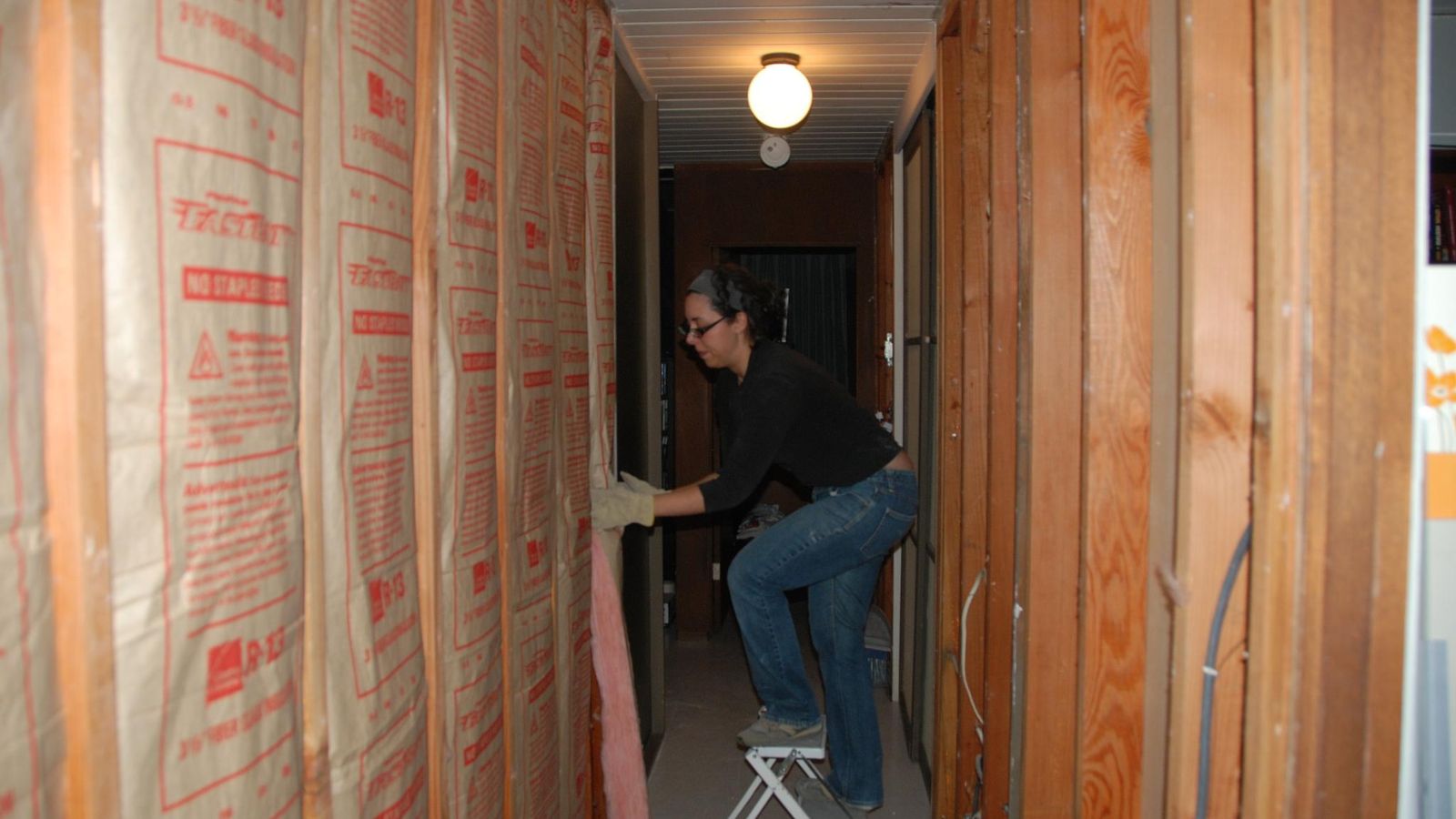The Bryant neighborhood of Ann Arbor, Michigan, is a largely low-income area with modest single-family homes built in the 1970s.
Resident Krystal Steward says many of the houses have old windows, leaky roofs, and inefficient HVAC systems, so people often struggle with high energy bills.
“And they’re, you know, living on a fixed income and so they don’t have the means to fix their home and make these repairs,” she says.
Steward works for the Community Action Network, a local nonprofit. The group has partnered with the city of Ann Arbor to make homes in Bryant more energy efficient and to help residents switch to HVAC systems and appliances that run on electricity, not oil or gas.
Long term, the group also plans to install solar on all of the homes.
“The goal is to make this neighborhood one of the first, if not the first, carbon-neutral neighborhoods in the U.S.,” Bryant says.
Last year, her group won half a million dollars in grant funding that will be used to update, weatherize, and electrify about 20 homes in Bryant.
Much more is needed to achieve the full vision. But it’s a step toward helping residents enjoy the cost-saving benefits of clean, efficient technology — “so that they can live comfortably and safely in their homes for years to come,” she says.
Reporting credit: Sarah Kennedy/ChavoBart Digital Media
Source link


